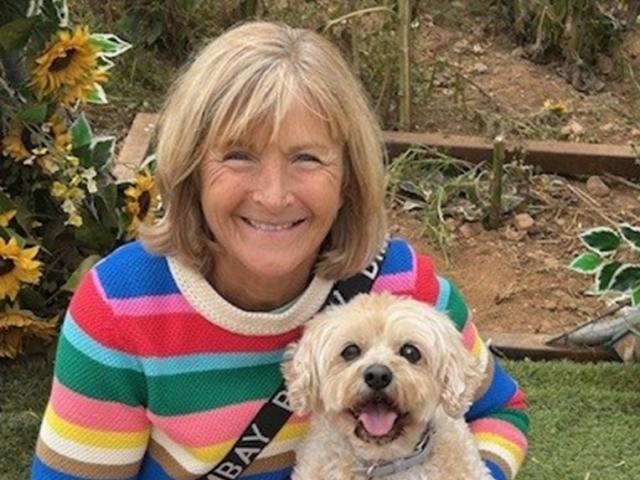
Trial finds daily aspirin dose cuts bowel cancer risk for people with Lynch syndrome
4 September
A major clinical trial supported by Health and Care Research Wales has found that taking a small daily dose of aspirin can help people at high risk of bowel cancer from developing the disease.
Singleton Hospital in Swansea recruited a total of 30 participants in the UK-wide CaPP3 trial (Colorectal Adenoma/Carcinoma Prevention Programme 3), which was led by Professor Sir John Burn at Newcastle University and funded by Cancer Research UK. Ysbyty Glan Clwyd in Denbighshire also took part in the trial, recruiting 15 participants. Bayer Pharma AG provided the blinded phase aspirin and partial costs of the research packaging.
The trial recruited people with Lynch syndrome, a rare condition that significantly increases the risk of several types of cancer, including colorectal, womb and ovarian cancer. Bowel Cancer UK estimates there are around 175,000 people in the UK with Lynch syndrome.
The CaPP2 trial previously showed that a high, 600mg daily dose of aspirin cut the risk of bowel cancer for people with Lynch syndrome in half. CaPP3 has now shown a much lower dose of just 75 to 100mg also substantially reduces their bowel cancer risk.
Lynch syndrome is known to run in families, but many people are unaware they have it until a family member is diagnosed with bowel cancer. At this point they and their family members may be offered genetic testing to confirm whether they have Lynch syndrome.
Helen Phillips, 66, a solicitor from Swansea was a participant in the CaPP3 trial. She and several other members of her family were diagnosed with Lynch syndrome after her niece sadly passed away from bowel cancer in 2014, aged just 26. Helen said,
A number of my immediate family members have had cancer, including my aunt who had had bladder cancer and my mother who had womb cancer. When my niece passed away our whole family decided to get tested for Lynch syndrome and we discovered myself, my cousin, my brother and my two children all have it.
“When I received my results the doctor asked if I would be interested in taking part in the trial. It sounded a really simple thing to do, just taking a couple of tablets. Now knowing the results, it’s quite impressive that such a simple thing can make such a big difference, and I did continue to take aspirin once the trial finished.”
Helen continued to take aspirin once the trial had finished, as well as taking other steps to try and minimise her cancer risk. She continued, “I had a hysterectomy in 2023 to help reduce my cancer risk, and have colonoscopies every two years to help monitor for any early signs of bowel cancer, as early diagnosis is so important.
“When I was initially diagnosed I was more concerned for my children than myself. After the trial I have since encouraged them to start taking aspirin too as it is so easy to do and could reduce their risk in the future.”
Helen would encourage others to consider being part of clinical trials in the future, adding, “It was an easy decision to be involved. Often when you think of a clinical trial you think of something time-intensive and complicated, but this was so simple. It wasn’t a huge commitment, yet has ended up identifying something that could stop other people and families having to go through cancer in the future.”
Dr Alex Murray, Consultant Clinical Geneticist & Clinical Director, All Wales Medical Genomics Service, said, “It’s been very rewarding to be able to enrol our patients in this study. It can be very worrying for patients diagnosed with a cancer predisposition syndrome like Lynch syndrome and hearing that they can take a simple medication like aspirin to reduce their risk is very reassuring. Now we know we can still achieve a significant reduction in risk with a lower dose, which is excellent.”
Dr David Crosby, Head of Prevention and Early Detection Research at Cancer Research UK, said, “It is exciting that aspirin can offer protection from bowel cancer at low doses. People with Lynch syndrome get regular colonoscopies and live with the anxiety that they are highly likely to develop bowel cancer in their lifetime. Taking aspirin daily could cut this risk by at least half and alleviate their fears.
“We’re grateful to everyone in Wales who volunteered to take part in the CaPP3 trial. Volunteers taking part in trials like this brings us closer to the day where more people can live longer, better lives, free from the fear of cancer.”